Miklós Rédei (LSE): “Properties of Bayesian learning based on conditional expectation as a conditioning device”
This talk investigates the general properties of general Bayesian learning, where “general Bayesian learning” means inferring a probability measure from another that is regarded as (uncertain) evidence, and where the inference is conditionalizing the evidence using the conditional expectation determined by a reference probability measure representing the background subjective degrees of belief (prior) of a Bayesian Agent performing the inference. If a probability measure can be learned from another this way, then it is said to be Bayes accessible from the evidence. Bayes accessibility defines a two-place relation in the set of probability measures, and general Bayesian learning will be characterized in terms of the properties of the Bayes accessibility relation. It will be shown that the Bayes accessibility relation is reflexive, antisymmetric and non-transitive in the set of all probability measures that are absolutely continuous with respect to the prior of the Agent. If every probability measure that is absolutely continuous with respect to the prior of the Bayesian Agent is Bayes accessible from some other, then the set of probability measures is called weakly Bayes connected. It is shown that the set of probability measures is typically not weakly Bayes connected. The Bayes Blind Spot of an Agent is defined to be the set of probability measures that are absolutely continuous with respect to the prior of the Agent and which the Agent cannot learn via a single conditionalization no matter what evidence he has. It is shown that he Bayes Blind Spot is a very large set in the set of probability measures defined on a finite Boolean algebra.
Miklós Rédei is Professor of Philosophy and Head of LSE’s Department of Philosophy, Logic and Scientific Method. His research interests include the philosophy and history of modern physics, especially of quantum physics and of quantum field theory, quantum logic, and the interpretation of probability.
















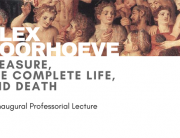
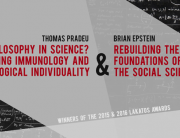
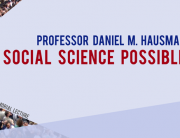



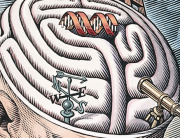
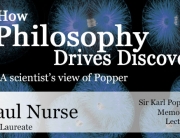
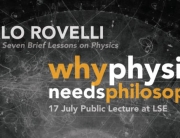


Connect with us
Facebook
Twitter
Youtube
Flickr